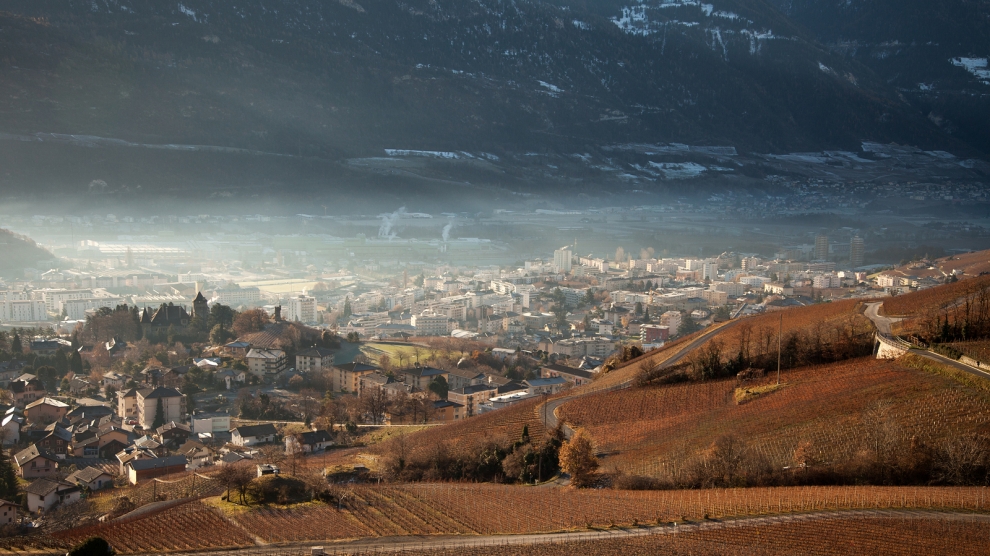A selection of articles about emerging Europe published elsewhere this week, all of which caught our eye and all of which are well worth your time. Listing them here, however, does not necessarily mean that we agree with every word, nor do they necessarily reflect Emerging Europe’s editorial policy.
The Independent’s diplomatic editor Kim Sengupta interviews the president of Kosovo to discuss Brexit, the prospect of peace between his country and Serbia, and the case for joining NATO.
—
As investigators comb through the debris to find the cause of the fire that gutted the world-famous Notre Dame cathedral in Paris, two Serbian tabloids claim to know the real cause of the blaze in the 12th century Gothic church: a fluttering Kosovar flag.
—
Polish workers are driving labour migration to Iceland.
—
Prosecutors in Switzerland are investigating a series of financing deals surrounding Crans Montana ski resort (pictured above) and it’s owner, the Czech property billionaire Radovan Vitek.
—
Months after parliamentary elections, Moldova has failed to form a new government – and its future orientation towards either Russia or Europe hangs in the balance.
—
In an editorial sent from prison, Robert Kocharyan, one of Armenia’s former presidents, has accused the current prime minister Nikol Pashinyan of abuse of power.
—
3D-printed casts from Latvia could be the future of healthcare.
—
A new survey has expressed doubt as to whether Estonia’s visa programmes and e-residency are enough to make the country an environment to be taken seriously for start-ups.
—
Soviet troops are long gone, but red tape and disregard for the rule of law live on in Slovakia.
—
With Romania at the helm of the Council of the European Union’s rotating presidency, a battle is slowly brewing between one of the country’s most powerful politicians and the EU’s European Anti-Fraud Office (OLAF).

